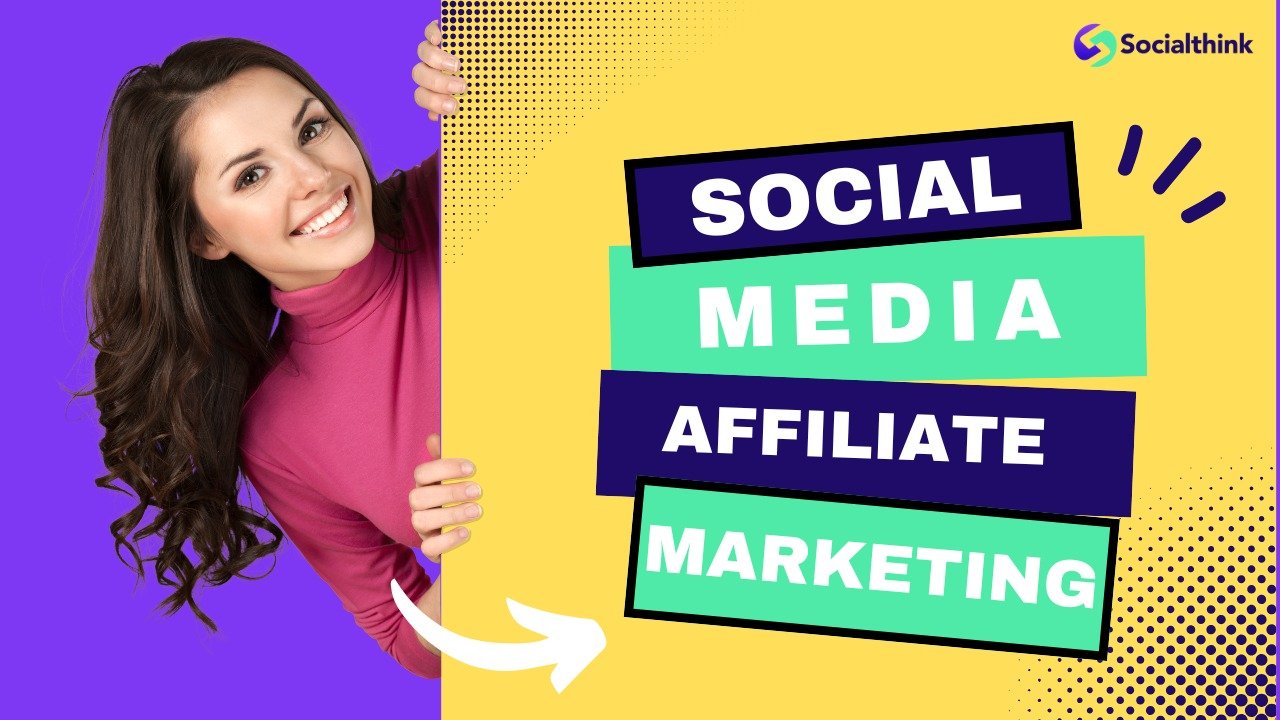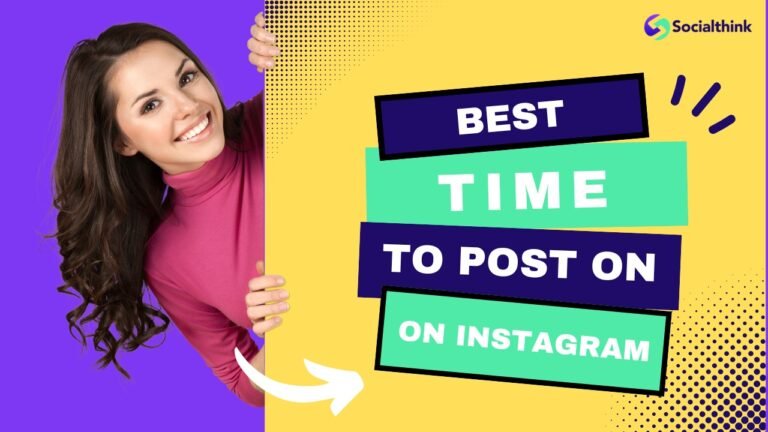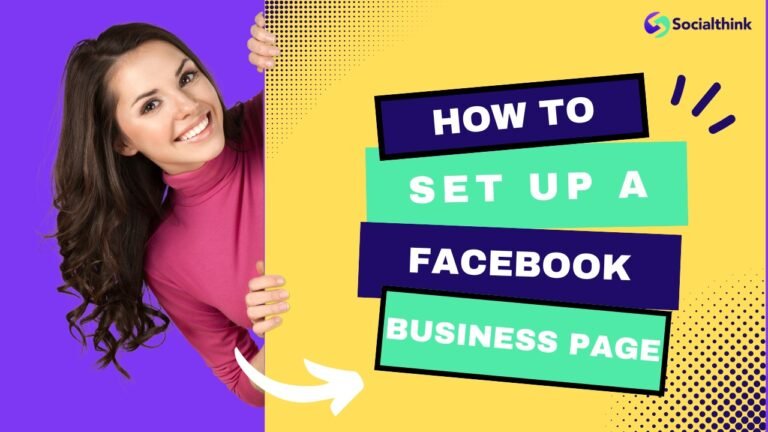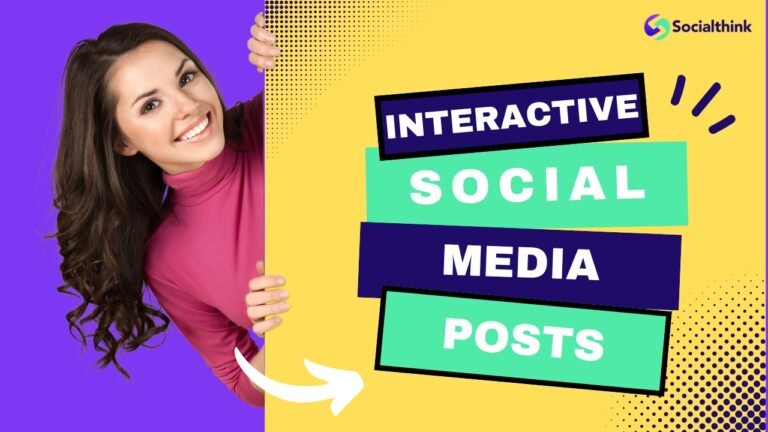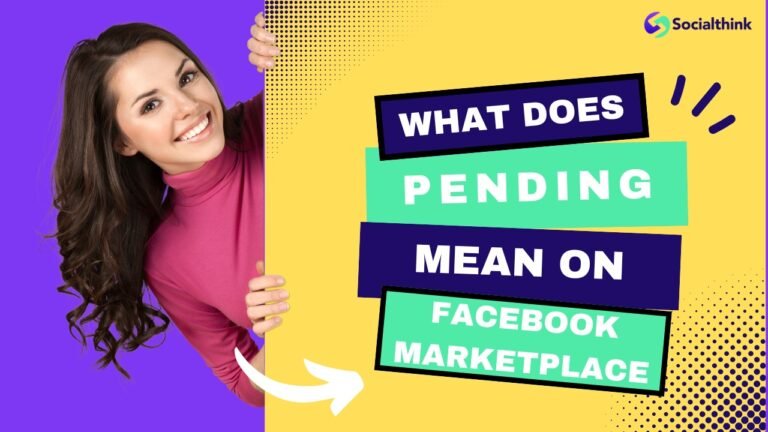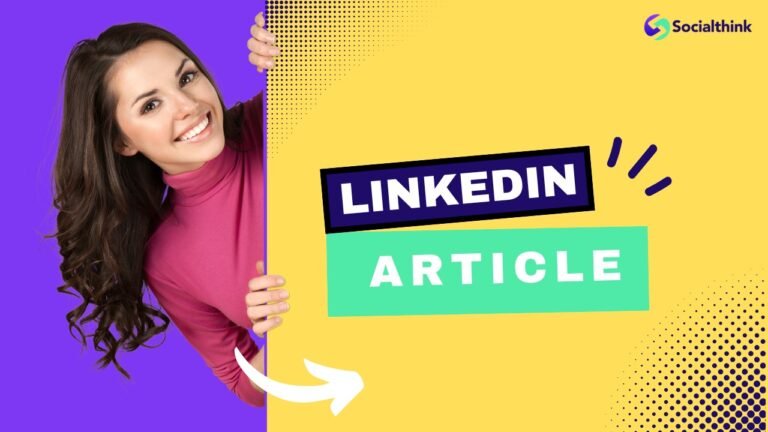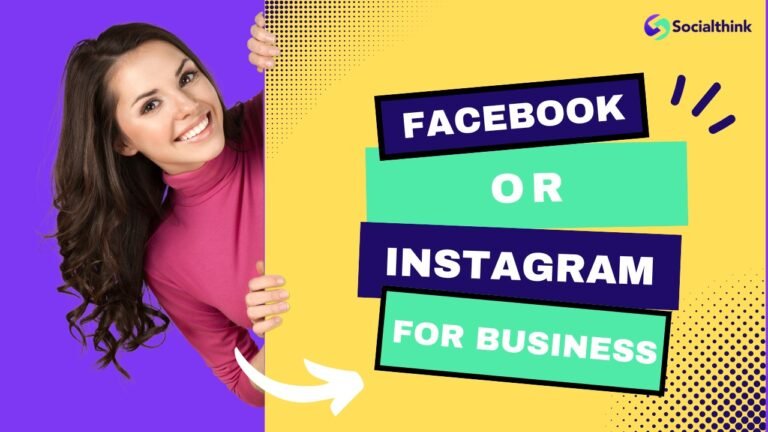What is Social Media Affiliate Marketing: Benefits & Best Platforms
Social Think, a leader in social media strategy and analytics, empowers businesses to harness the potential of social platforms for growth.
One of the most effective strategies today is social media affiliate marketing, which combines the reach of social networks with the power of affiliate programs to drive business results.
This guide explores how businesses and individuals can use social media affiliate marketing to generate revenue, build brand awareness, and engage their target audience effectively.
What is Social Media Affiliate Marketing?

Social media affiliate marketing involves sharing affiliate links or discount codes on social media platforms to promote products or services.
Affiliates earn commissions when users click on these links and make purchases. Unlike traditional advertising, this strategy thrives on trust—followers are more likely to act on recommendations from accounts they follow than on generic ads.
This approach bridges the gap between influencers, content creators, and brands, making it a win-win for all parties involved. Affiliates generate passive income, while businesses gain access to targeted audiences through authentic endorsements.
How Affiliate Marketing on Social Media Works?
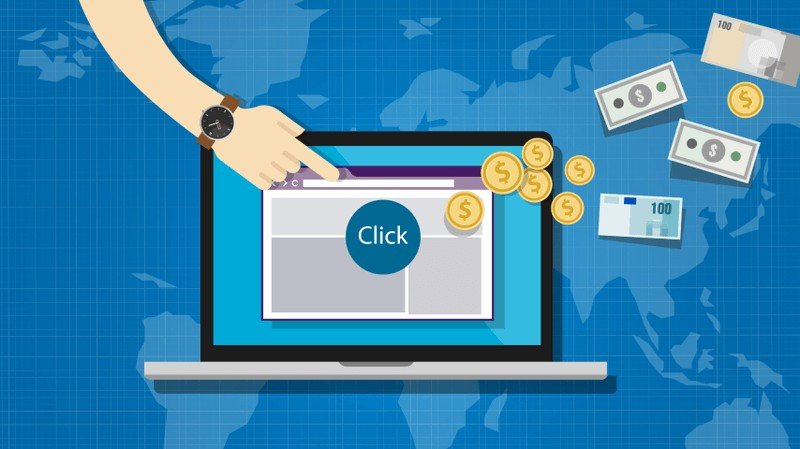
The process is straightforward yet impactful:
- Affiliates join an affiliate program and receive unique referral links or coupon codes.
- They create quality content—such as posts, videos, or stories—on platforms like Instagram or TikTok.
- These posts include the affiliate link or code, encouraging followers to explore the product or service.
- When followers make purchases using the link or code, the affiliate earns a commission.
This seamless integration of promotions into everyday content makes social media an ideal platform for affiliate marketing efforts.
Benefits of Social Media Affiliate Marketing
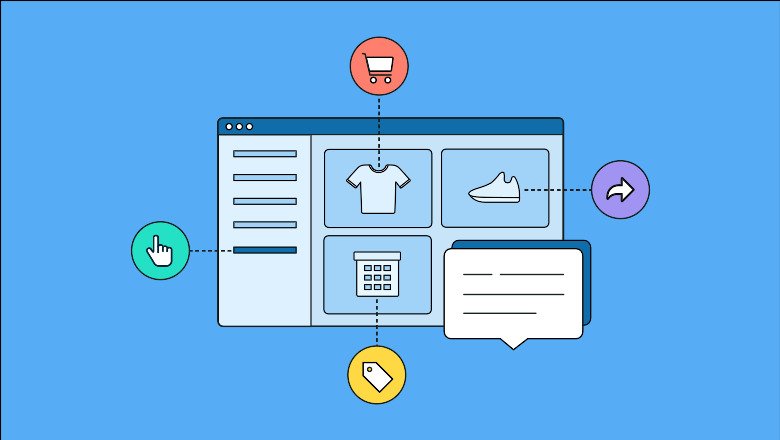
- Increased Reach and Engagement: Social platforms like Instagram and TikTok boast billions of active users. Using these platforms, affiliates can tap into vast audiences and foster meaningful interactions through engaging posts and videos.
- Cost-Effective Marketing Strategy: Affiliate marketing minimizes upfront costs for businesses since commissions are only paid for successful conversions. For affiliates, joining programs is typically free, making it a low-risk venture with high earning potential.
- Access to Targeted Audiences: Social media platforms excel at targeting specific demographics through algorithms and niche communities. Affiliates can promote products tailored to their audience’s interests, increasing conversion rates significantly.
What to Look For in Social Media Affiliate Programs?
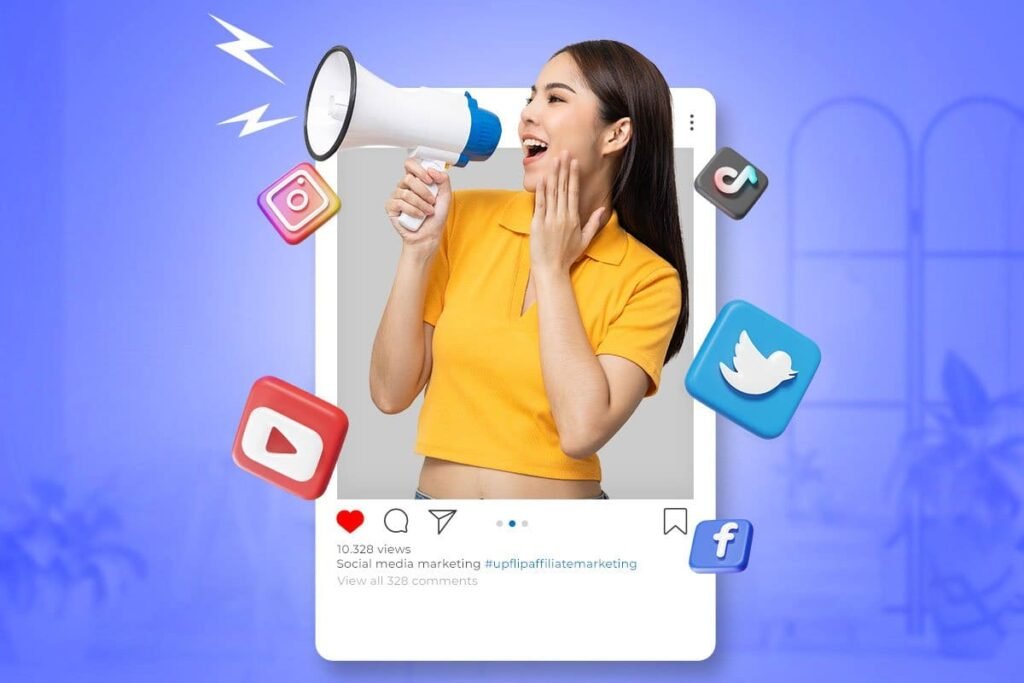
Commission Rate
The commission rate is the percentage or flat fee you earn for every sale made through your affiliate link. A good program offers competitive rates, typically between 20–50%, ensuring your efforts are rewarded fairly. Higher commissions mean better income potential for your marketing efforts.
Management Team
A reliable affiliate program should have a helpful management team that provides guidance and support. Whether it’s answering questions or sharing tips to improve performance, a strong support system can make your affiliate journey smoother and more successful.
Promotional Materials
The best programs provide ready-to-use promotional tools like banners, landing pages, and graphics. These materials save you time and help you create professional-looking content that appeals to your audience across different platforms.
Criteria to Consider When Selecting Social Media Platforms For Affiliate Marketing

Target Audience Size and Demographics
The platform you choose should match the preferences of your target audience. For example, TikTok is ideal for younger users like Gen Z, while Pinterest works well for DIY or home decor enthusiasts. Knowing where your audience spends their time is key to success.
Affiliate Marketing Suitability
Not all social media platforms are equally effective for affiliate marketing. Features like Instagram Stories with swipe-up links or Pinterest’s direct link support make some platforms more suitable than others for promoting affiliate products.
Content Types Supported
Different platforms excel at different types of content. For instance, YouTube is perfect for detailed product reviews and tutorials, while Twitter works better for quick updates and sharing links. Choose a platform that aligns with the type of content you create.
Organic Reach
Organic reach refers to how many people can see your content without paid promotions. Platforms like TikTok are great because they allow content to go viral naturally, helping affiliates grow their audience without spending extra money on ads.
Best Social Media Platforms For Affiliate Marketing


Instagram is a visually driven platform, perfect for lifestyle niches like fashion, beauty, and travel. With features like Stories, Reels, and live streams, along with the ability to add multiple links in your bio using tools like Linktree, Instagram allows affiliates to promote products creatively.
While clickable links in captions are restricted, using Story swipe-ups or link stickers can drive traffic effectively. Its highly engaged user base makes it a great platform to build trust and generate affiliate sales.

Facebook’s massive and diverse user base makes it ideal for popular social media affiliate marketing in broad niches. Affiliates can use Facebook Groups to connect with niche communities or Pages to share product reviews and promotions.
Its advanced targeting tools for paid ads allow marketers to reach specific audiences efficiently. Additionally, Facebook’s flexibility lets you repurpose old content by adding affiliate links, making it a cost-effective option.
YouTube

YouTube is perfect for long-form content like tutorials, product reviews, and “how-to” videos. Affiliates can include referral links in video descriptions or pinned comments, driving traffic directly to product pages.
With over 2.6 billion monthly active users, YouTube offers immense reach across various niches such as tech, fitness, and beauty, making it the second largest search engine. Its evergreen content format ensures videos continue generating clicks and sales long after they’re uploaded.
X (Formerly Twitter)

X (Twitter) is great for concise promotions and sharing affiliate links through short tweets or threads. Its real-time nature makes it ideal for promoting time-sensitive deals or trending products.
Affiliates can pin tweets with referral links to keep them visible at the top of their profile. The platform works particularly well for tech-related niches or consumer electronics due to its text-heavy format.
TikTok

TikTok’s short-form video format allows affiliates to create engaging content that resonates with younger audiences (primarily Gen Z).
While adding direct affiliate links in captions can be tricky, using a business account enables you to place a link in your bio. TikTok’s viral potential and high engagement rates make it an excellent platform for showcasing products through creative storytelling and trends.

Pinterest is a visual search engine where users actively look for ideas and inspiration, making it a goldmine for affiliate marketers.
With features like pins that link directly to product pages, Pinterest works well for niches like home decor, DIY projects, fashion, and wellness.
Its long content lifespan ensures pins remain discoverable for months or even years, providing consistent traffic to your affiliate links over time, especially among weekly Pinners.
Each of these platforms has unique strengths tailored to different audiences and content styles. Choosing the right one depends on your niche, goals, and preferred content format.
How to Get Started With Social Media Affiliate Marketing?

Starting your journey in social media affiliate marketing may feel tough. But, with a good plan, it gets easier.
- Choose the Right Platform: Start by identifying which social media platform suits your niche and audience best. For example, Instagram works well for lifestyle influencers, while LinkedIn is better suited for promoting B2B products or services.
- Select the Right Affiliate Program: Look for programs that align with your niche and offer good commissions. A program with strong support and promotional tools can make your work easier and more effective.
- Create Engaging Content: Focus on creating posts or videos that genuinely resonate with your audience. Whether it’s a product review or a behind-the-scenes look at how you use a product, authenticity builds trust and drives conversions.
- Track Your Performance: Use analytics tools provided by social media platforms or affiliate programs to monitor how well your links are performing. Tracking clicks, conversions, and earnings helps you refine your strategy over time.
How to Use Social Media to Promote Affiliate Links?

- Share product reviews in Instagram Stories with swipe-up links.
- Use YouTube video descriptions for detailed tutorials.
- Pin affiliate products directly on Pinterest boards.
- Post discount codes in Facebook Groups tailored to your niche.
Common Mistakes to Avoid in Social Media Affiliate Marketing

Even when you mean well, some mistakes can hurt your social media affiliate marketing efforts.
- Not Disclosing Affiliate Links Properly: Transparency builds trust; always disclose when you’re sharing an affiliate link.
- Promoting Irrelevant Products: Stick to products that align with your niche and audience preferences.
- Spamming Your Audience: Avoid overwhelming followers with constant promotions; balance your content with value-driven posts.
List of Social Media Affiliate Programs and Offers
Perform(cb)

Perform[cb] is a performance-based affiliate program that focuses on driving quality traffic and conversions for partner brands.
It offers competitive payouts, real-time tracking, and a user-friendly platform, making it ideal for both beginners and experienced affiliate marketers.
Affiliates can promote offers in various niches, including Pay-Per-Click (PPC), and benefit from tools to analyze their performance effectively.
Hype Clash Agency
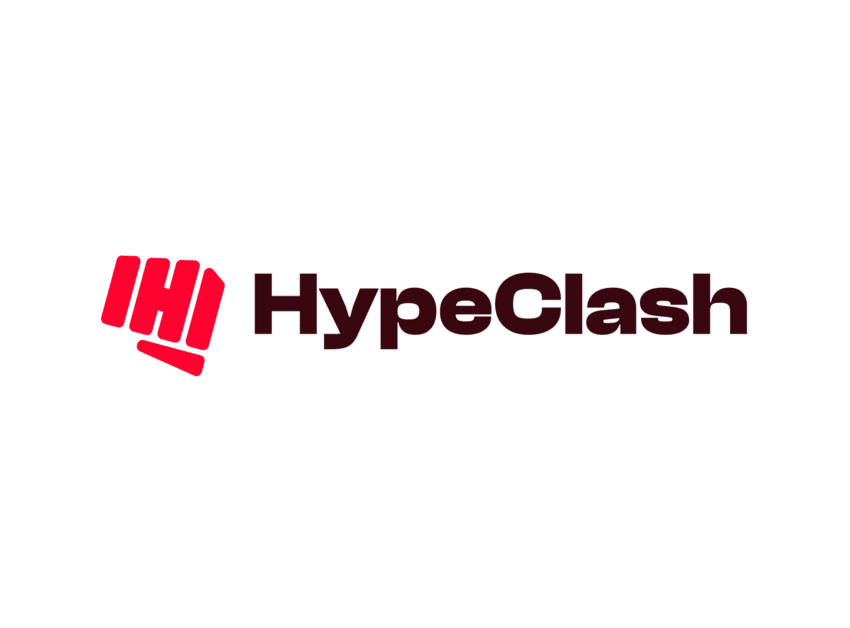
Hype Clash is an influencer marketing agency that blends data-driven insights with creative strategies to deliver impactful campaigns.
Their affiliate program allows marketers to collaborate with influencers and promote products authentically.
With a structured three-phase approach—goal setting, influencer selection, and campaign execution—Hype Clash ensures measurable results for affiliates and brands alike.
PayV

PayV specializes in providing affiliates with opportunities to earn through Cost Per Action (CPA) advertising.
It focuses on delivering high-quality leads and conversions for advertisers while offering affiliates competitive commissions.
The platform is known for its simplicity, making it a great choice for those looking to generate income through targeted campaigns.
Apple App Store Affiliate Program
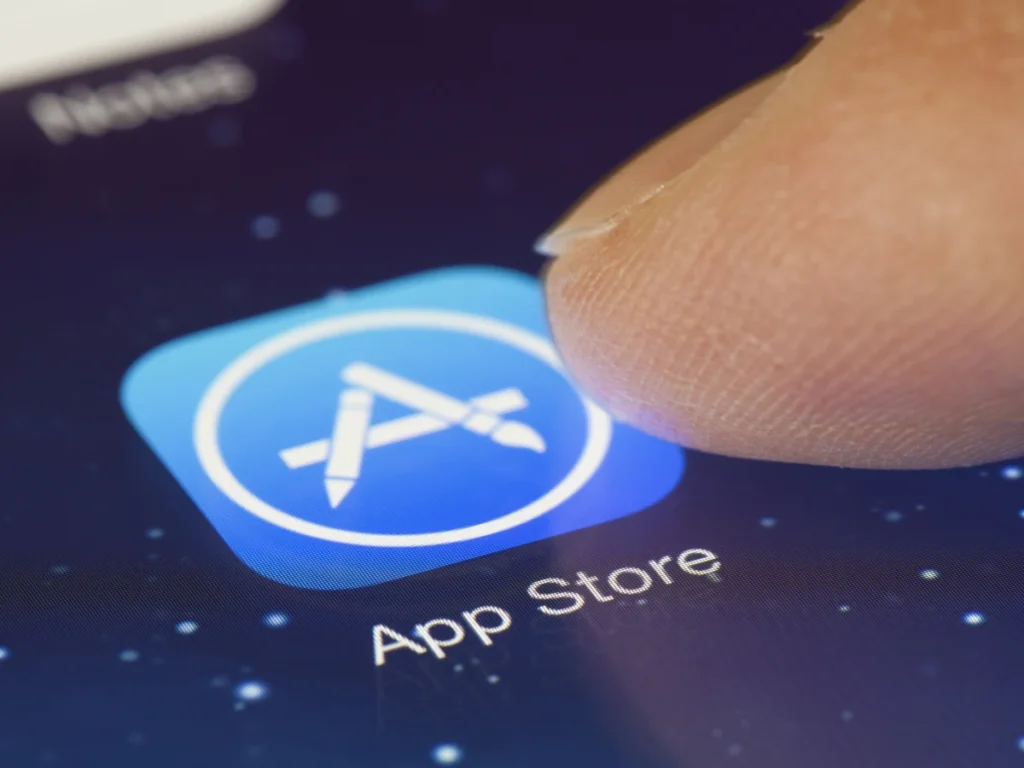
The Apple App Store Affiliate Program allows affiliates to earn commissions by promoting apps, music, movies, books, and more from iTunes and Apple Books. Affiliates can use tools to create custom links and track performance.
This program is particularly beneficial for developers or content creators looking to monetize their audience by linking to Apple’s digital products, similar to how the Amazon Associates program operates.
Acceleration Partners

Acceleration Partners is a global affiliate marketing agency that offers a comprehensive program for promoting B2B products or services as part of the eBay Partner Network.
Affiliates can earn commissions through leads, sales, or qualified opportunities, with payouts ranging from $1 to $150 depending on the action.
The program provides robust management support and data-driven insights to help affiliates optimize their campaigns.
Algo-Affiliates

Algo-Affiliates is known for its AI-driven affiliate network that focuses on financial services, e-commerce, and crypto offers. Affiliates benefit from high conversion rates, competitive commissions, and a dedicated support team. The platform also provides advanced tracking tools to help marketers maximize their earnings.
Mobidea

Mobidea is an affiliate network tailored specifically for mobile-focused campaigns using CPA advertising models.
Affiliates can earn a 10% lifetime commission on sales generated through their referral links.
With no minimum payout threshold and tools like banners and social media posts provided, Mobidea makes it easy for affiliates to promote offers across mobile platforms.
VIP Response

VIP Response specializes in lead generation campaigns across various verticals like finance, insurance, and e-commerce. Their affiliate program offers high payouts and long cookie durations, ensuring affiliates can maximize their earnings over time. The platform also provides detailed reporting tools to track campaign performance effectively.
Commissionfactory

Commissionfactory connects affiliates with brands across multiple industries, including Commission Junction, offering a diverse range of products to promote.
With features like real-time tracking, creative promotional materials, and competitive commission rates, it’s an excellent platform for affiliates seeking flexibility in their campaigns.
These programs provide excellent opportunities for affiliate marketers to earn commissions by promoting relevant products or services through social media platforms or other digital channels. Each program has unique features tailored to different niches or marketing strategies, allowing affiliates to choose the best fit based on their audience and goals.
8 Best Affiliate Marketing Examples on Social Media

1. Anna Everywhere on Instagram
Anna Karsten, known as Anna Everywhere, is a travel influencer who uses Instagram to promote affiliate products subtly.
Instead of hard-selling, Anna integrates affiliate marketing into her lifestyle posts, often featuring her son wearing the clothes she’s endorsing. Her captions focus on storytelling rather than directly mentioning the product, creating an authentic connection with her audience.
This approach makes her content engaging and avoids coming across as overly promotional.
2. Imjennim on Instagram
Jenn Im, a fashion influencer, has mastered the art of visually appealing affiliate marketing. She ensures her posts are aesthetically cohesive by aligning the color palette and setting with the product she’s promoting.
Her captions are short and relatable, often paired with emojis to connect with her young audience. Jenn also uses her Instagram to drive traffic to her YouTube channel, where she further promotes affiliate links through detailed reviews.
3. Laura Emily and Spicentice
Laura Emily, a British influencer, promotes cooking ingredients like Spicentice through creative meal presentations on Instagram. Instead of just showcasing the product, she creates beautifully styled meals that inspire her followers.
Laura strategically uses hashtags to improve discoverability and shares limited-time discount codes to encourage immediate purchases. Her posts are a great example of blending creativity with effective affiliate marketing.
4. Jorden Makelle’s “Writing Revolt”
Jorden Makelle runs a blog called Writing Revolt, which helps freelance writers find clients and improve their skills. She includes affiliate links naturally in tutorial-style blog posts that provide immense value to her audience.
For example, she promotes tools like Freshbooks by showing how they simplify invoicing for freelancers. Jorden’s focus on solving her audience’s pain points has helped her generate significant affiliate income while building trust.
5. Neil Patel
Neil Patel, a renowned digital marketer, uses his blog and social media platforms to promote affiliate products like web hosting services.
He provides in-depth guides and tutorials that include his affiliate links, ensuring his audience gains actionable insights while exploring the products he recommends.
Neil’s credibility as a marketing expert makes his recommendations highly trusted, leading to high conversion rates for his affiliate campaigns.
6. Shradha Sharma on YourStory.com
Shradha Sharma, the founder of YourStory, integrates affiliate marketing into articles about business tools and services relevant to entrepreneurs and startups.
Embedding affiliate links within informative blog posts ensures readers find value while exploring recommended products. This strategic placement aligns perfectly with YourStory’s target audience and generates revenue without compromising content quality.
7. Sorav Jain on Instagram
Sorav Jain is a digital marketer who uses Instagram to educate his followers about tools and strategies for online growth. He seamlessly integrates affiliate links into his posts by sharing practical tips and insights about digital marketing tools.
His content often includes tutorials or case studies that highlight the benefits of the products he endorses, making it easier for his audience to trust and act on his recommendations.
8. Umang Trivedi’s Travel Blog
Umang Trivedi uses his travel blog to promote affiliate products like travel gear, booking platforms, and hotel deals. He includes affiliate links in destination guides, product reviews, and travel tips in a way that feels natural and helpful to readers planning their trips.
Combining SEO techniques with social media promotion (especially Pinterest), Umang drives traffic to his blog and earns commissions from engaged travelers.
These examples highlight how influencers and marketers can creatively use social media platforms like Instagram or blogs to promote affiliate products authentically while maintaining their audience’s trust.
Each strategy focuses on providing value first, which leads to better engagement and higher conversions in affiliate marketing efforts.
Is Social Media Affiliate Marketing Worth It?

Yes, social media affiliate marketing is worth it when done correctly. It allows content creators and businesses to reach a massive audience, build trust, and drive targeted traffic—all while keeping costs low.
Affiliates can earn commissions by promoting products authentically through posts, video content, or stories, and brands only pay for actual results like sales or leads.
With billions of active users on platforms like Instagram, TikTok, and YouTube, the potential to connect with your target audience is immense.
While challenges like algorithm changes and platform regulations exist, the benefits—such as passive income opportunities and enhanced brand visibility—make it a powerful strategy for both individuals and businesses.
FAQ’s:
What is the Difference Between Affiliate Marketing and Influencer Marketing?
Affiliate marketing focuses on earning a commission by promoting products through referral links or codes that track sales. Influencer marketing, on the other hand, is about building brand awareness by collaborating with influencers to promote products, often without direct sales tracking. While affiliate marketers rely on conversions, influencers are paid for their reach and engagement.
Can I Do Affiliate Marketing on Multiple Social Media Platforms?
Yes, you can promote affiliate products on multiple platforms like Instagram, YouTube, TikTok, and Pinterest. This helps you reach different types of audiences and increases your chances of earning commissions. Just ensure your content is tailored to each platform’s style and audience preferences.
Do I Need a Large Following to Succeed in Social Media Affiliate Marketing?
No, you don’t need a huge following to succeed. Micro-influencers with smaller but highly engaged audiences often see better results because their followers trust their recommendations more. Focus on creating relevant content and building strong connections with your audience.
How Much Can I Earn From Social Media Affiliate Marketing?
Earnings vary based on factors like commission rates, the product’s demand, and your audience size. Some affiliates make a few hundred dollars monthly, while others earn thousands. The key is consistency, promoting products that align with your niche, and optimizing your strategy over time.
How Long Does it Take to See Results From Social Media Affiliate Marketing?
Results depend on the effort you put in and the size of your audience. For some, it can take a few weeks to generate clicks or sales, while others may see significant results in 3–6 months. Patience and consistent content creation are essential for long-term success.
Conclusion
Social Think believes that social media affiliate marketing offers unparalleled opportunities for businesses and individuals alike.
Choosing the right platforms, creating quality content, and avoiding common pitfalls can help you unlock significant revenue streams while building authentic connections with your audience.
Ready to transform your marketing efforts? Get in touch with Social Think today!

